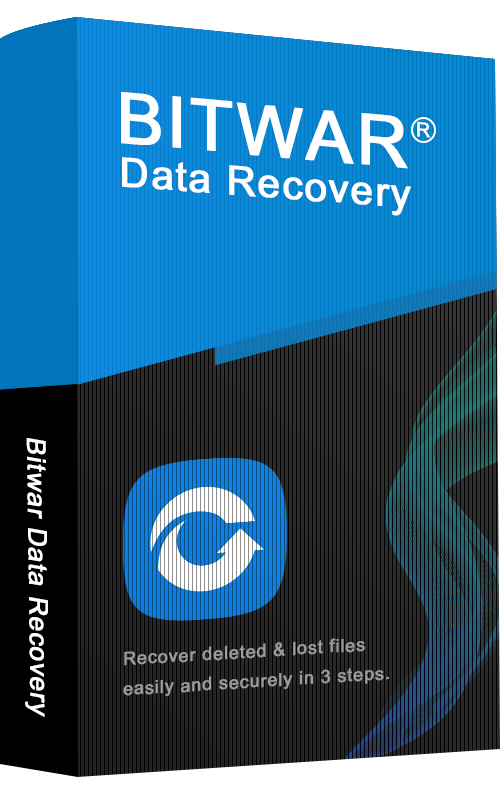What is USB Hub?
Summary: The USB hub is one of the common devices used on the Internet which is similar to a power trip that helps to extend a single Universal Serial Bus (USB) to many different ports, so the host system can connect devices into multiple ports of choices.
Table of Contents
Physical layout
A USB network is built from USB ports connected by USB hubs, which themselves may origin from these hubs. USB hubs enable a USB network to extend to a maximum of 127 ports. The USB specification requires that bus-powered or passive hubs may not be connected in series to other bus-powered hubs.
USB ports are usually tightly spaced. Horizontal arrays of horizontal sockets may be easily manufactured but may result in only two of the four ports available, depending on the plug width. Port arrays that are perpendicular to array orientation typically have fewer blocking problems.
Main Types
Various types of USB hubs are manufactured to meet variable user demands.
Bus-Powered Hub (Passive Hub)
A bus-powered hub is a passive hub that can extract limitless power without the help of a different power connection from the host’s USB port. Still, the power provided will not be enough, and it may even require more power for most electronic devices to work (A USB’s electric current is allocated in units of 100 mA — 500 mA per port ).
Therefore, to make it work, the bus-powered hub will need to be suited with a self-powered external HD unit because it can prevent the computer system from going to sleep mode as soon as it is switched off or sleep mode. This is because by using a self-powered hub, it allows the bus-powered hub to consume power from the USB port continuously.
Self-Powered Hub (Active Hub)
A self-powered hub is an active hub that derives its power from an external power supply unit. Thus, it provides the full power of up to 500 mA to every port. However, many non-compliant hubs on the market regard themselves as self-powered, though they are bus-powered.
Similarly, a great number of devices use more than 100 mA without announcing this fact. Though more flexibility is allowed by these hubs and devices, the difficulty of diagnosing problems is increased.
Dynamic-Powered Hub
A dynamic-powered hub is a hub that can work as bus-powered and self-powered hubs. The transformation of the modes is determined by whether there is a separate power supply. Immediate renegotiations with the host are not necessary when transferring from bus-powered to self-powered operation.
But if the connected devices previously requested more power than still available in bus-powered mode, switching from self-powered to bus-powered may cause USB connections to be reset.
Competitive Advantages
Competitive advantages make USB hubs a necessary part of our life.
- Expand the capability of machines: It provides multiple USB ports that allow the simultaneous connection of multiple USB devices.
- Increase work efficiency: It enables access to different peripheral devices without swapping cables.
- Charge multiple devices on one port: It allows different devices to be charged at once. Users just need to plug all devices into the same hub.
- Move plenty of data between USB Devices: It is one of the rarer but valid kinds of USB hub advantages. Users can convert data from phones, download pictures, and print documents, etc. with this high-quality hub.
Sum Up!
The USB port is an essential connecting port device on a computer that can be differentiated into various types of USB hubs. Besides, understanding the different kinds of USB hubs and helps users to know the advantages and uses of the USB hubs for their purposes!
Previous Article
Learn Insight About USB Flash Drive! Summary: The USB hub is one of the common devices used on the Internet which is similar to a power...Next Article
What’s New in Bitwar HEIC Converter V1.0.6 Summary: The USB hub is one of the common devices used on the Internet which is similar to a power...
About Bitwar Data Recovery
3 Steps to get back 500+ kinds of deleted, formatted or lost documents, photos, videos, audios, archive files from various data loss scenarios.
Learn More
